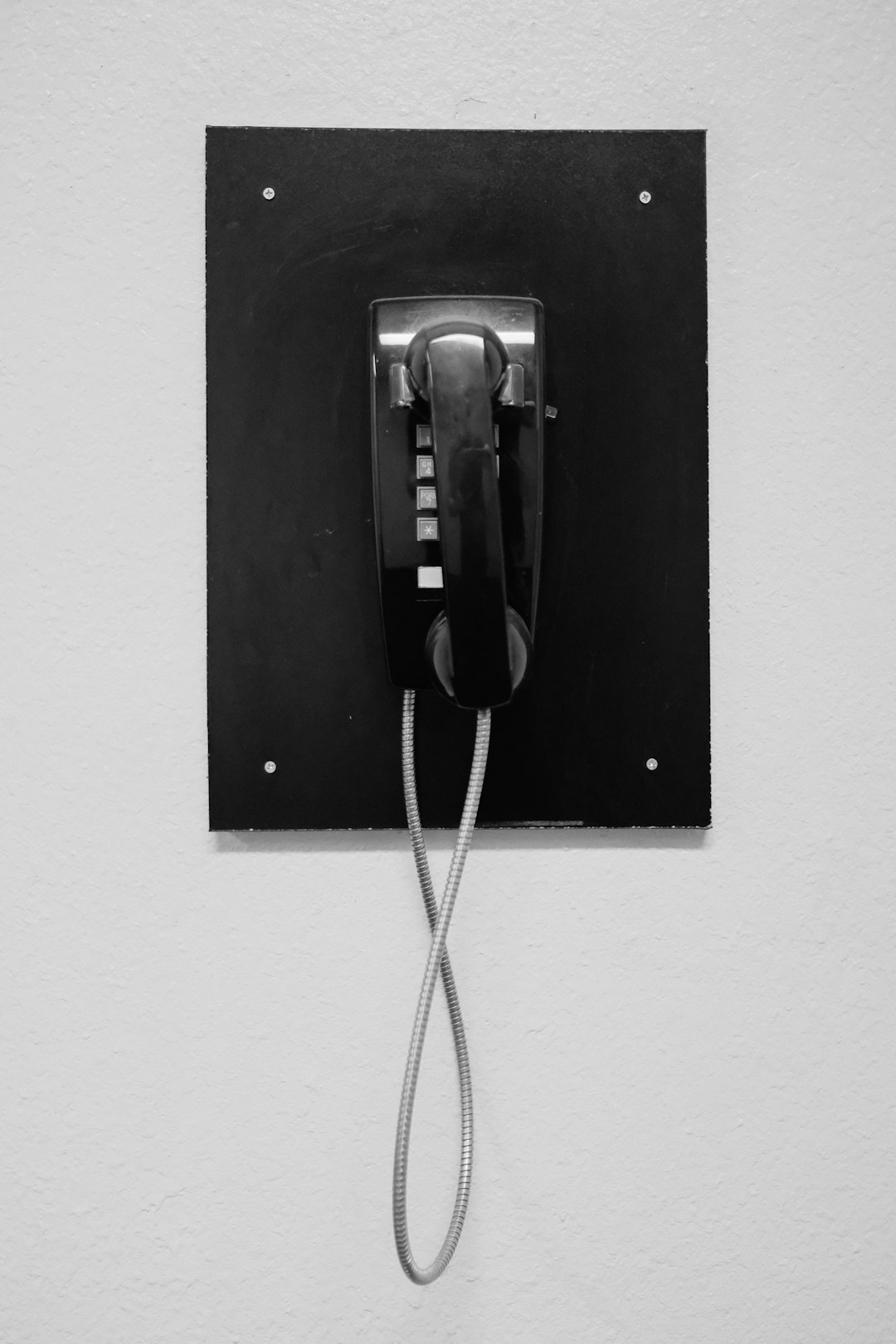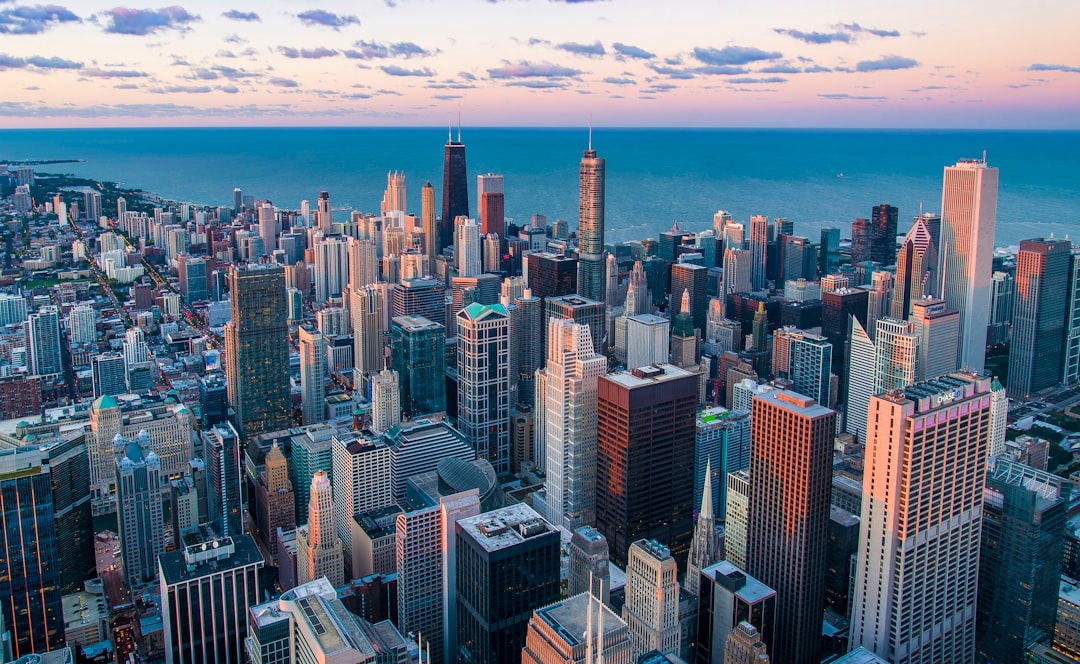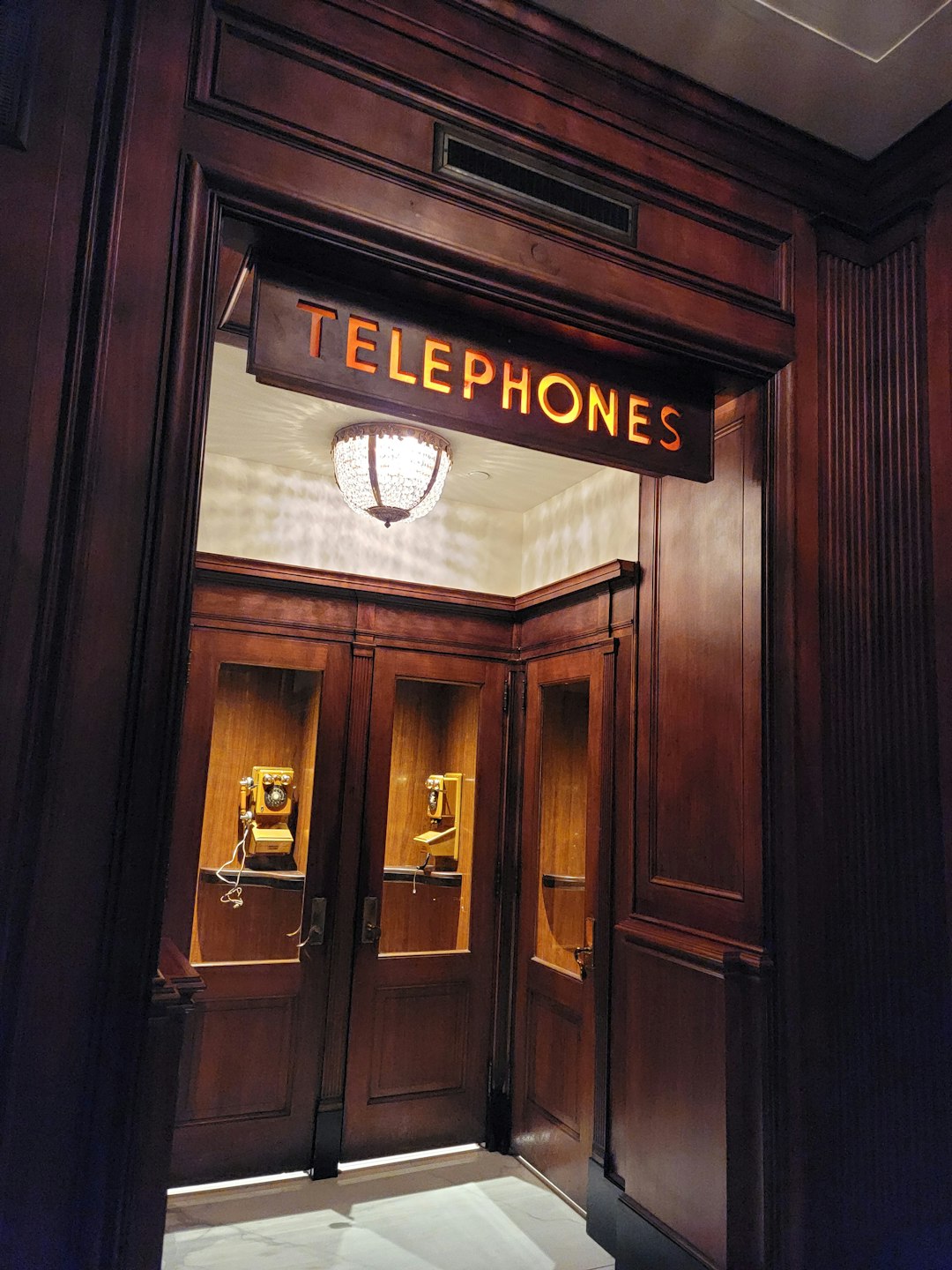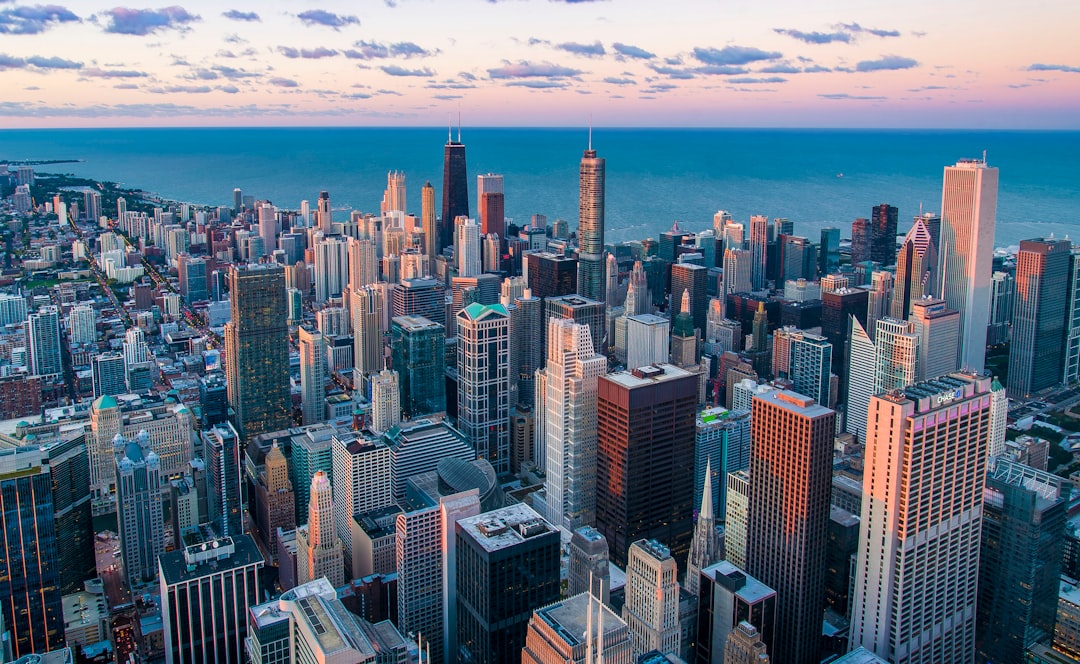Chicago suburbs are experiencing a surge in sophisticated robocall scams, where fraudsters impersonate government agencies or trusted organizations. These automated calls target residents with urgent requests, aiming to steal personal information or money. To protect themselves, Chicago residents should be vigilant, verifying unexpected calls directly through official channels. They can also register for Do Not Call lists, use call blocking apps, and report suspicious calls to help combat these scams, emphasizing community awareness as a key defense against robocall fraud in the area.
“Robocalls targeting Chicago’s suburbs have become a growing concern, with fraudsters employing sophisticated tactics to deceive residents. This article explores the rise of these automated scams and provides essential insights to help you identify and protect against them. We break down common strategies used by crooks, offering clear signs to recognize suspicious calls. Additionally, we outline effective countermeasures and emphasize the power of community reporting for combating this modern-day menace, ensuring a safer Chicago.”
Understanding Robocall Scams: A Growing Concern in Chicago Suburbs

In recent years, robocalls have become a growing concern among residents of Chicago’s suburbs. These automated phone calls, often delivering pre-recorded messages, are used by scammers to target unsuspecting individuals across the country. With advanced technology, scammers can easily acquire and manipulate personal information, making their attempts more convincing and widespread.
The rise of robocalls in the Chicago area has led to a variety of fraudulent schemes. Scammers pose as government agencies, financial institutions, or even neighbors, attempting to deceive residents into providing sensitive data or money. From phishing for bank details to promoting non-existent investment opportunities, these scams can cause significant financial and emotional harm. Understanding the tactics employed by robocall scammers is an essential step in protecting oneself and one’s community from such fraudulent activities.
Common Tactics Used by Fraudsters Targeting Local Residents

Fraudsters targeting Chicagos suburbs often employ sophisticated and insidious tactics in their robocall scams. One common method is impersonating local government agencies or trusted organizations to gain residents’ trust. They may call pretending to be from the county clerk’s office, social services, or even a local utility company, claiming there’s an issue that requires immediate attention.
Another tactic involves using automated voice systems to blast out pre-recorded messages that urge recipients to take action quickly, such as pressing a number to stop receiving calls or providing personal information to “verify” their account. These calls often target specific demographics or use local events and hot topics to make the scam seem more credible. Chicago residents should remain vigilant and verify any unexpected calls by contacting the organization directly through official channels.
Recognizing the Signs: How to Identify Suspect Calls

Recognizing robocalls can be tricky, but there are several signs that indicate a potential scam. Pay close attention to the caller’s identification and hang up immediately if it displays “Unknown” or “Private.” Robocallers often use automated systems, so you may hear robotic voices or detect a delay in the call connection. Look out for calls claiming to be from official organizations, banks, or government agencies asking for personal information or urgent action. They might threaten consequences like arrest, fines, or debt collection if you fail to respond.
Another red flag is when the caller uses generic greetings like “Hello” instead of your name, suggesting a pre-recorded message. Be wary of calls offering prizes, free services, or investment opportunities in exchange for immediate action and sensitive data. Remember, legitimate organizations rarely ask for money or confidential information over the phone. If you receive such a call, it’s likely a Chicago robocall scam trying to take advantage of unsuspecting residents.
Protecting Yourself: Countermeasures Against Robocall Frauds

To protect yourself from Robocall Chicago scams, it’s essential to take proactive measures. Start by registering for Do Not Call lists both at the state and national levels. This government-backed program helps prevent automated calls from marketing companies. Additionally, consider investing in a call blocking app designed to identify and block robocalls. Many modern phone services also offer built-in call screening and blocking features.
Stay vigilant when answering unknown calls. If you can’t verify the caller’s identity or their purpose, don’t engage. Never provide personal or financial information over the phone unless you initiated the call and are certain of the recipient’s legitimacy. Remember, legitimate organizations will not pressure you for immediate decisions or threaten consequences. By adopting these countermeasures, you can significantly reduce your risk of becoming a victim of robocall frauds in Chicago’s suburbs.
Reporting and Community Awareness: A Collective Effort for Safety

In the fight against robocall scams targeting Chicago’s suburbs, community awareness and collective action are essential weapons. When a suspicious call is received, reporting it to relevant authorities becomes a crucial step in disrupting scam operations. Many phone companies now offer easy ways to report these automated calls directly from your device. This data helps identify patterns and potential sources, aiding law enforcement efforts.
By fostering an informed community, residents can become the first line of defense. Sharing information about common robocall scams and how to recognize them empowers everyone to be more vigilant. Local authorities and consumer protection agencies play a vital role in disseminating this knowledge through workshops, social media campaigns, and community meetings, ensuring that everyone is on alert and ready to combat these deceptive practices.






